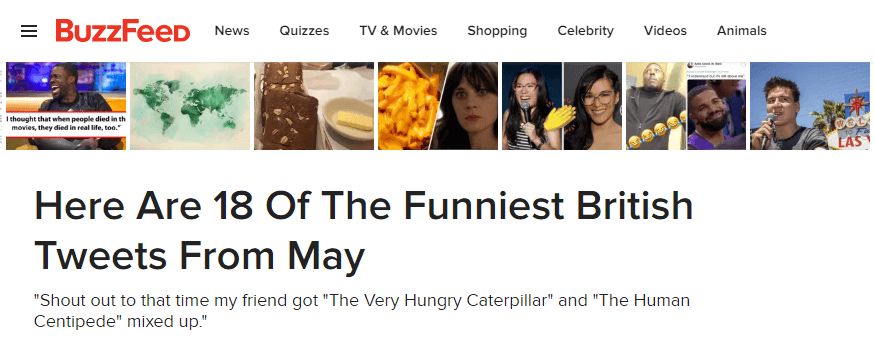Ask most writers what they think of listicles and the chances are they’ll groan: “Ugh! Shallow, patronising clickbait, lacking in nutritional value – no thank you very much.”
But readers love them, and they have great potential as a way of making writing about tax and accountancy digestible.
Listicle is a portmanteau word referring to an article, usually online, that presents information in the form of a list – ‘27 Cool Dogs Riding Skateboards’ or ’38 Lifehacks With Plastic Bottles’.
I’ve given two particularly provocative examples because those are exactly the kind of listicle that gave the form a bad name when it rose to prominence a few years ago.
At their absolute worst, listicles might contain no original content beyond the headline, otherwise comprising a stack of vaguely related social media posts, animated GIFs or videos.
But for all that, listicles seem to be irresistible to readers who apparently cannot help but click. They’re often said to be the most popular types of content online, in fact, and there are some statistics to support that claim in this 2014 research paper.
It’s certainly true that if you look at the ‘most read’ section on sites such as BuzzFeed and the Huffington Post – influential media outlets that only exist on the internet – you will find that list articles dominate.
If you use Facebook the chances are you see a constant stream of links to listicles, either being promoted in ads or posted by your friends and relatives.
What is the attraction of listicles?
Psychologist Maria Konnikova has argued that listicles are “inherently appealing” because “the headline catches our eye in a stream of content… it spatially organises the information; and it promises a story that’s finite, whose length has been quantified upfront”.
In other words, we go in knowing roughly what kind of commitment we are making in terms of time and brainpower. There are no surprises.
There is also a certain appeal in the bite-sized nature of the content. For the same illogical reason people who don’t have time to watch a two-hour film binge on eight hours of TV instead, or don’t fancy a full meal but eat half a packet of biscuits without thinking, there’s comfort in knowing that you’re not making a long-term commitment.
If you drop out of the list of 27 skateboarding dogs after item 14 you probably won’t lose the thread of any argument. There is rarely a narrative to follow.
Dave Fowler, our in-house SEO expert said: “I’m a fan of listicles, when they’re done well. These are an increasingly common feature in Google search results and an opportunity to gain brand awareness and traffic. Try doing a Google search for ‘How to manage your email’ or ‘what to pack for a weekend’ and you’ll likely see a featured snippet – typically list-based – appear above the other results.”
27 skateboarding accountants
Which leads us to the key question: how can we harness this when writing about serious subjects such as accountancy and tax?
Well, we know that many of our clients’ clients are the owners of small and medium-sized businesses, and are pressed for time. We know, too, that much of what we write about is complex and (forgive me for saying so) can seem dry to the unenlightened.
With all that in mind, our suspicion is that listicles offer an opportunity to grab readers who might not otherwise be willing to engage.
It’s not difficult to imagine a busy entrepreneur looking at their phone between meetings, deciding what to click on.
They might skip ‘The Complete Guide to Business Expenses’ – it seems as if it might require concentration, the next appointment is due to begin at any moment, reading lots of text on a small screen is hard work, and so on.
‘27 Ways to Save Your Business Money’, on the other hand, feels more ‘dippable’, to employ one of our favourite buzzwords.
This approach won’t work for every client, of course, being by definition informal and, well, fluffy. For those whose brand identities centre around approachability and ease-of-use, however, listicles might well be the very thing.
We’ll be testing this approach, and analysing the statistics that emerge, in the coming months.

